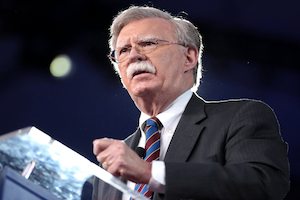China-Russia Security Cooperation in Central Asia
By Nurlan Aliyev
October 22, 2019, the CACI Analyst
In August, China and Tajikistan held counterterror drills in Gorno-Badakhshan. Tajikistan’s Defense Ministry stated that the goal of the joint drills was to improve preparedness to counter possible threats posed by terrorist and extremist groups. The “Cooperation-2019” exercise included about 1,200 troops from both sides, including approximately 580 troops from various units and services of the Chinese PLA Western Theater Command. Following China’s substantial involvement in Central Asian economies, Beijing is increasing its military cooperation with the regional states. China’s military encroachment into Russia’s historical “sphere of influence” has nevertheless not led to a visible reaction from Moscow.
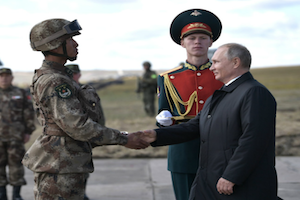
Kremlin Appoints New Government in Ingushetia
By Huseyn Aliyev
September 12, 2019, the CACI Analyst
On June 24, the head of Russia’s North Caucasus Republic of Ingushetia, Yunus-bek Yevkurov, announced his decision to retire. Two days later, President Putin promptly accepted Yevkurov’s retirement and appointed former prosecutor general Makhmud-Ali Kalimatov as the interim head of republic. In the aftermath of the criticized land swap with Chechnya in the late 2018, Yevkurov engaged in a bitter conflict with powerful Ingush clans, civil society and religious leaders. His growing unpopularity resulted in violent protests and discontent with the Kremlin. Yevkurov’s retirement is yet another attempt by Moscow to tackle the issue of poor governance in the restive North Caucasus region.
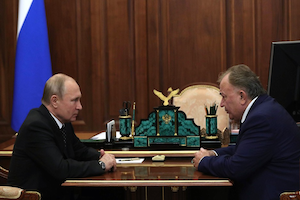
Russia's Strategic Economic Projects in the Caspian: Reality and Perspectives
By Nurlan Aliyev
July 22, 2019, the CACI Analyst
Russia’s minister of North Caucasus Affairs Sergey Chebotarev recently stated that Russia’s ports in the Caspian and Black Seas will become hubs in a new transport corridor, providing an alternative to the current transport corridor through the South Caucasus. In April, presidential adviser Igor Levitin underlined the necessity of transport projects in the Caspian Sea, aiming to connect Russia’s North and the South transportation links. The Russian government has recently announced several ambitious projects in the Caspian, designed to improve Russia’s strategic and economic presence in the region.
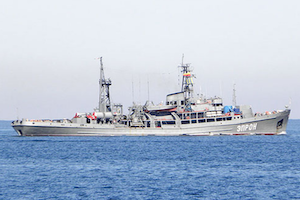
Will Kadyrov be Dismissed? Assessing the Truth Behind the Rumors
By Emil A. Souleimanov and Huseyn Aliyev
July 15, 2019, the CACI Analyst
Reports have recently resurfaced that unspecified federal authorities in Russia plan to oust Ramzan Kadyrov, Chechnya’s infamous strongman and head since 2007, and remove him from public office in Chechnya. While similar rumors have circulated previously, interesting details have made their way into the media, adding to the seriousness of recent speculations. This article attempts to shed light on the prospects of Kadyrov’s ouster as it has been discussed recently, in relation to the more general question of Kadyrov’s ability to maintain power in the years to come.
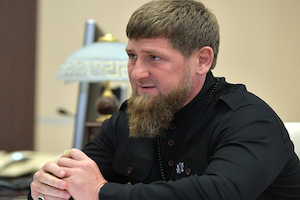
Why Washington Must Re-Engage the Caucasus
By Stephen Blank
July 8, 2019, the CACI Analyst
In late 2018, National Security Council Director John Bolton signaled a revived U.S. interest in the South Caucasus by visiting all three states of the region. While the outcome remains unclear, the visit itself clearly signaled a U.S. interest in reviving a robust presence in the Caucasus. Indeed, U.S. interest should not only stem from the Caucasus’ proximity to Iran and Russia, or considerations relating to energy flows to Europe. The Nagorno-Karabakh conflict between Azerbaijan and Armenia has seen repeated recent outbreaks of violence and the issues and alignments growing out of this conflict spill over into all the other issues pertaining to the Caucasus that justify a renewed U.S. presence. Regenerated U.S. action to help terminate the Nagorno-Karabakh conflict peacefully is necessary because of the visibly mounting frustration and despair in the war zone.
